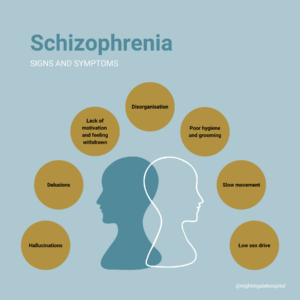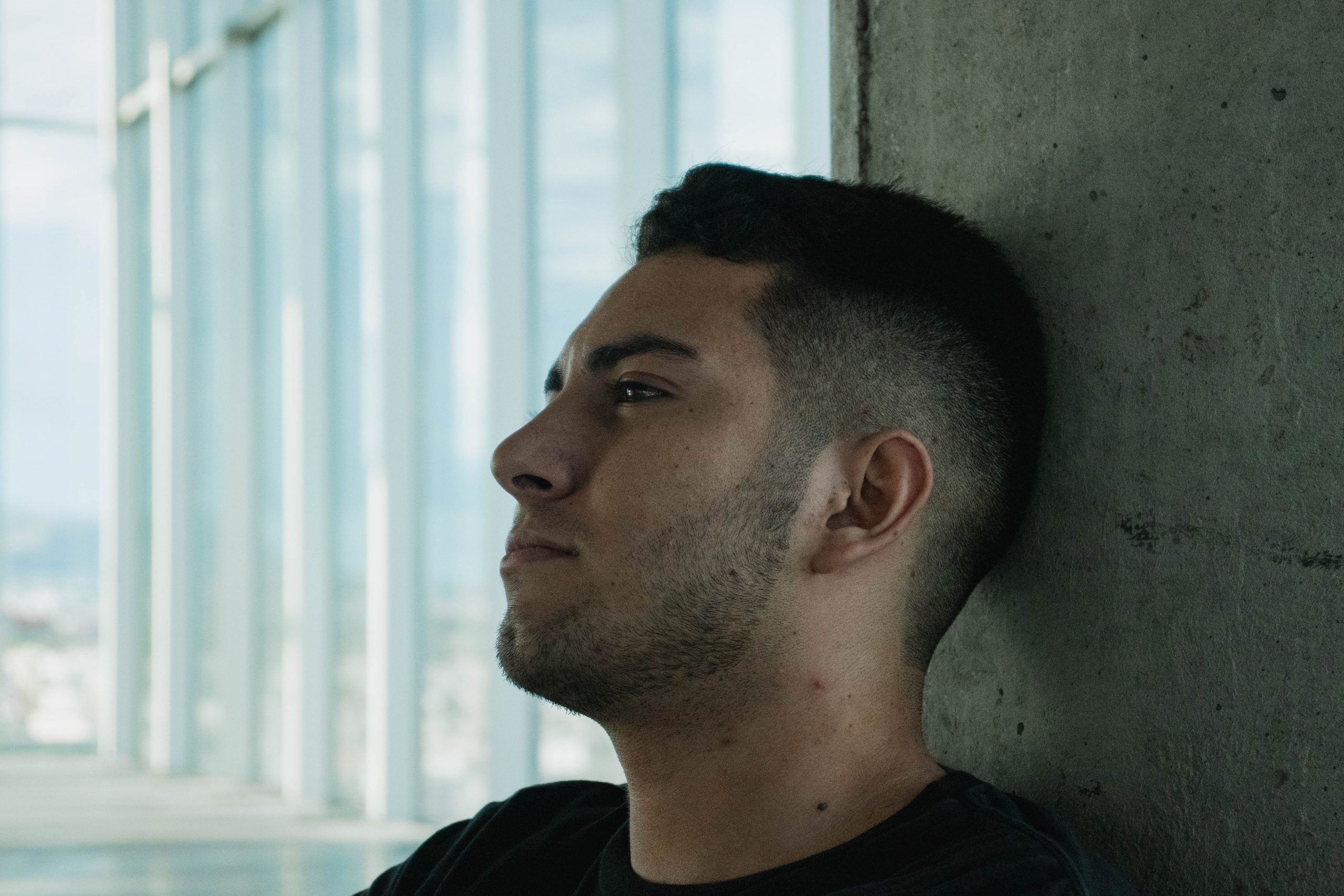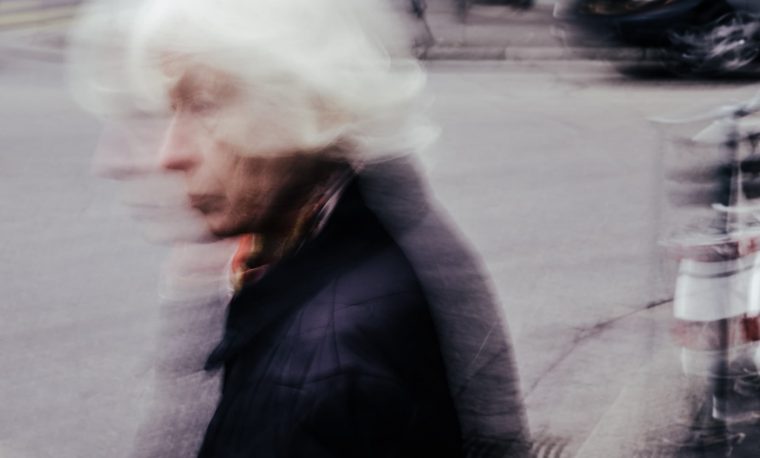Schizophrenia
Schizophrenia is a mental illness that affects about 1 in every 100 people, that can affects thoughts, feelings, perceptions, language and behaviours.
It is mainly characterised by frequent hallucinations and delusions, however, schizophrenia will affect each individual differently.
The main causes of schizophrenia in individuals are thought to be genetic factors and their environment.
Unfortunately, the condition schizophrenia is often associated with many myths that have been perpetrated by the media. Individuals with schizophrenia can often be portrayed as being violent or having a split personality. However, research shows that a very small amount of sufferers become violent. Rather, people will schizophrenia are the ones more likely to be harmed by others.
Hospital admission is often not needed and many people with schizophrenia live a stable life, work, and have relationships. The earlier an individual receives treatment, the better the outlook.
Signs and symptoms of schizophrenia
- Hallucinations – Seeing or hearing things that may not be there (hearing voices, either negative or disturbing, or in a different language to your own)
- Delusions (such as being chased, plotted against, your thoughts are being broadcasted)
- A lack of motivation and a general feeling of being withdrawn
- Disorganisation
- Poor hygiene and grooming
- Slow movement
- Low sex drive

Treatment for schizophrenia at Nightingale Hospital
Our approach to treating schizophrenia at Nightingale Hospital London combines individualised treatment programmes with treatments based on current clinical evidence. You may attend as an outpatient, day patient or inpatient.
Schizophrenia may be treated through a combination of the following:
- Talking therapies
Cognitive Behavioural Therapy can help you live with your experiences, counselling can help if you need someone to talk to and family therapy can help you and your family cope better and support you with your schizophrenia.
- Antipsychotic medication
Antipsychotic medication can weaken the delusions and hallucinations caused by schizophrenia and also help you think more clearly. It works best when taken regularly, even when you have felt better for some time.
- Alternative treatment
Through therapy and alternative approaches such as meditation, relaxation, sleep therapy and physical therapies we aim to give you the knowledge and coping skills for dealing with your schizophrenia effectively.
Useful resources


